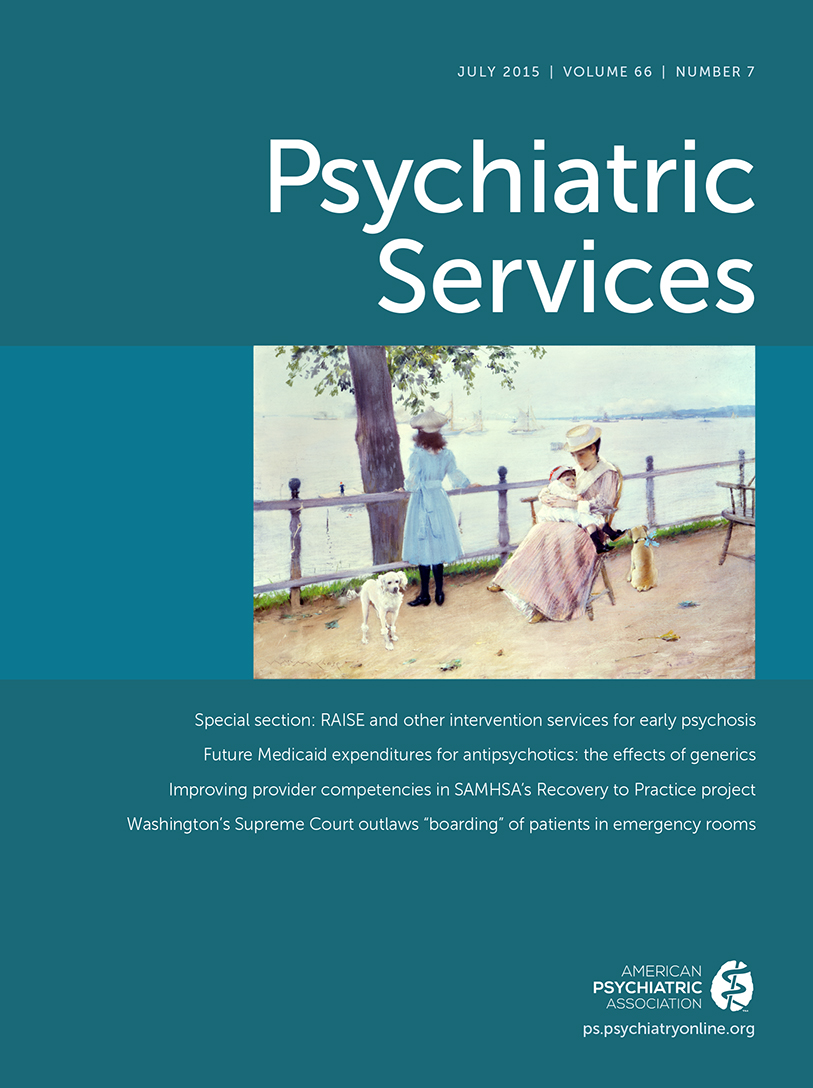Patients’ Preferences Related to Benefits, Risks, and Formulations of Schizophrenia Treatment
Abstract
Objective:
The objective of this study was to quantify patients’ preferences related to benefits and risks of antipsychotic treatments for schizophrenia and to assess the relative importance of treatment attributes and adherence.
Methods:
Treatment-related preferences among U.S. residents with a self-reported physician diagnosis of schizophrenia were assessed via a discrete-choice experiment. Patients chose between competing hypothetical scenarios characterized by improvements in positive symptoms, negative symptoms, and social functioning; incidence of weight gain, extrapyramidal symptoms (EPS), hyperprolactinemia, and hyperglycemia; and medication formulation. Preferences were estimated by using a random-parameters logit model, and the impact of adherence was estimated with conditional logit models.
Results:
The final sample consisted of 271 patients. Complete improvement in positive symptoms was the most preferred outcome (relative importance score of 10.0), followed by elimination of hyperglycemia (3.6, 95% confidence interval [CI]=2.6–4.6), improvement in negative symptoms (3.0, CI=1.6–4.3), reduced weight gain (2.6, CI=1.2–4.0), avoidance of hyperprolactinemia (1.7, CI=.9–2.6), improved social functioning (1.5, CI=.4–2.5), and avoidance of EPS (1.0, CI=.3–1.8). Patients judged a daily pill superior to monthly injections (p<.01) and monthly injections superior to injections every three months (p<.01) for adherent patients and monthly injections superior to a daily pill for nonadherent patients (p=.01).
Conclusions:
Persons who self-identified as having schizophrenia judged improvement in positive symptoms as the most important treatment benefit. Hyperglycemia was identified as the most important adverse event. Patients judged oral formulations to be better than monthly injections for adherent patients and monthly injections to be a better choice for nonadherent patients.



